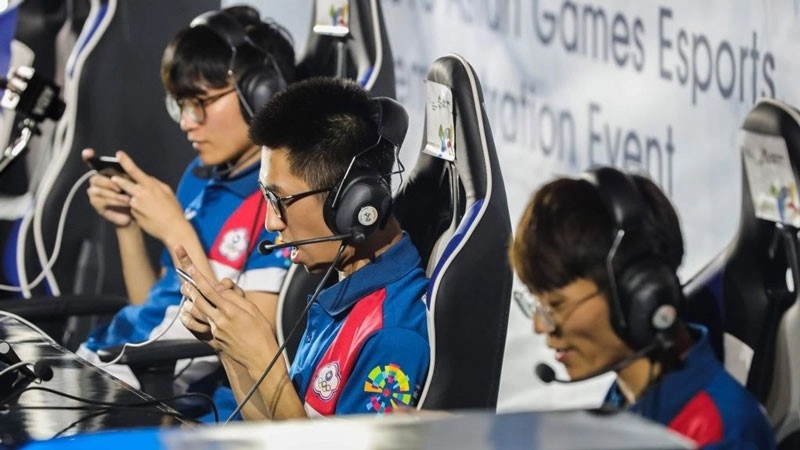Mobile esports revenue: the rise of esports on mobile
Mobile gamers are often disparaged as not being ‘real’ gamers – this is nonsense anyway, but if we take a look at numbers, mobile gaming is one of the most profitable areas in gaming there is. Even if you don’t read a lot of esports news about it, mobile gaming and mobile esports generate huge amounts of income for their publishers and creators.

© Akira Kodaka
Mobile esports revenue statistics
According to a report by Niko Partners, some mobile esports are set to overtake PC/console-based ones in the next few years. Some of them are already surpassing esports as it is – especially in Asia, where mobile gaming is much less stereotyped.
Popular and well-known gaming company Konami recently published sales figures showing that not only are their sales figures up significantly, but specifically mobile games were doing well. Konami publishes several, including Yu-Gi-Oh Fuel Links and PES 2019. With an overall growth rate of about 4%, Konami can’t complain – their revenue is in the billions.
Games like Honor of Kings, Monster Strike and QQ Speed brought in millions, if not billions – and the number is trending straight up. Where in 2017, the gross mobile esports revenue was roughly $7.7 billion, in 2018 it was $8.5 billion – in addition to being huge amounts, that’s also a slightly higher growth rate than PC esports had. In other words – while both are growing, mobile esports games are growing quicker.
-
What are the best mobile esports games 2019? Top titles to look out for this year
Why mobile esports revenue is growing quicker
The reasons for this are relatively obvious – availability and price. Almost everyone has a smartphone these days, while PCs and consoles are more expensive, and less likely to be in reach at any given moment. It’s also true that most PC gamers play games on mobile as well, while the reverse isn’t necessarily true. Chinese mobile gamers outnumber PC gamers nearly 2:1 – that’s a gigantic number of people in China alone.
Between that and the ever-narrowing gap that separates the platforms in the first place, mobile gaming is far from small stuff. With mobile phones being what they are now, ports of popular PC games are not just possible, they actively happen. PUBG and Fortnite both have mobile versions, and while not all games can easily (or at all) be ported, the very idea of that happening at all would have been laughable a few years ago.
-
Read also about the Korean mobile esports platform Sliver.tv
The importance of Asia
The fact that Asia is largely carrying the mobile esports market is a pretty big influencing factor as well. While esports in the west have been slow to take off and have taken longer to grow in popularity, Chinese, Japanese and Korean gaming markets have exploded. If current trends can be believed, that may also soon be true for the West. Mobile esports have started to catch up here as well, if not quite as fast as they took in Asian regions.
It’s also true that different games are popular in Asia, compared to here. Different genres are popular, and generally speaking, more genres are viable on mobile than on PC. Games like bubble-shooters, puzzle or search games and the like can of course be implemented on PC, but they are more successful on mobile. It’s precisely these types of games that make their creators big bucks in mobile esports revenue though – Candy Crush sold for $5.9 billion in 2015, and has since only gone up in value.
-
Do you think competitive puzzle games could make it big in the esports world?

 LOL
LOL CS:GO
CS:GO Dota 2
Dota 2 Valorant
Valorant Fortnite
Fortnite Overwatch 2
Overwatch 2 StarCraft
StarCraft Call of Duty
Call of Duty

















![CSGO Ranks » The CSGO Ranking System Explained [2023 Update]](/wp-content/uploads/2022/12/csgo-ranks-explained-2023-300x169.webp)



